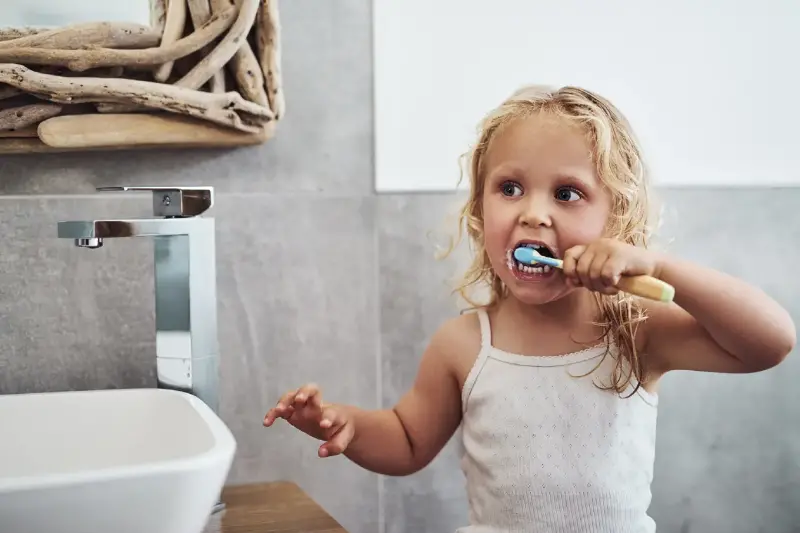
Rushed Mornings, Forgotten Homework: Could There Be a Better Way?
Children bursting through the door, shoes untied and schoolbags askew—sound familiar? For many parents, chaos at home and forgotten assignments are all too common. Yet behind every missed homework and lost lunchbox is an opportunity: teaching responsibility early can transform family life, turning daily disorder into calm confidence. But how can you actually help your child step up without friction or fuss?
Foundations of Responsibility: Why Start Early Matters
It’s no secret that personal responsibility underpins lifelong success. If children begin practising responsibility from a young age, they not only enjoy smoother school routines—they also grow into adults who adapt well to challenges and setbacks.
Research suggests that the capacity for independent action starts forming as early as age three. By five or six, many children are ready to handle simple tasks by themselves. Why not harness this window of opportunity? Early involvement gives your child time to build both habits and pride in their small wins.
Make It Tangible: Real Tasks Your Child Can Handle
Wondering where to begin? The secret is to break down big ideas into bite-sized activities. Here are some easy places to start:
- Packing Schoolbags: Ask your child to check a simple list: homework, water bottle, lunch, and reading book.
- Morning Routines: Create a pictorial chart—get dressed, brush teeth, pack bag, and check for notes.
- Chores at Home: Start with small tasks, like sorting laundry or feeding a pet. Offer age-appropriate responsibility.
A tip that surprises many parents: children thrive on being trusted. While it’s tempting to micromanage, stepping back a little lets your child feel both the weight and the pride of achievement.
Consistency is King: Daily Habits That Stick
Routine is the scaffolding of responsibility. Children, like adults, do best when expectations are clear and consistent. Here’s how you can make good habits stick:
- Daily Checklists: Pin them somewhere visible. Let your child tick off each item.
- Visual Timetables: From homework slots to chores, visual cues reduce forgetfulness.
- Reward, Don’t Rescue: Praise effort over perfection. Resist the urge to “save” your child—if they’ve forgotten homework, guide them to problem-solve rather than jumping in.
Celebrating small, daily successes with a high-five or special sticker goes a long way.
Turning Mistakes into Learning Moments
Even the most responsible child will stumble now and then. A missed project or forgotten sports kit offers a golden opportunity to reinforce lessons in accountability—without harshness.
Try these gentle strategies:
- Encourage your child to reflect: “What could you try next time?”
- Help brainstorm solutions but let them choose.
- Share your own stories of mishaps and how you recovered. This normalises imperfection and builds resilience.
Did you know that children who learn to own and correct mistakes develop stronger problem-solving skills and higher self-esteem in the long run?

Adapting as They Grow: Adding New Layers of Trust
As your child grows, so too should their responsibilities. Every few months, review together: Which tasks are easy now? Is there a new challenge to take on—maybe managing pocket money or planning a family meal? Allowing children to outgrow old limits keeps them motivated and engaged.
Responsibility is rarely taught in a single leap, but through hundreds of manageable steps.
In the end, saying goodbye to chaos—and those frantic hunts for missing homework—means embracing steady, purposeful progress. Each new task your child masters is a step towards independence, confidence, and capability.
What small shift could you make this week to invite more responsibility into your home? Sometimes, the tiniest changes spark the greatest growth—for parents and children alike.
